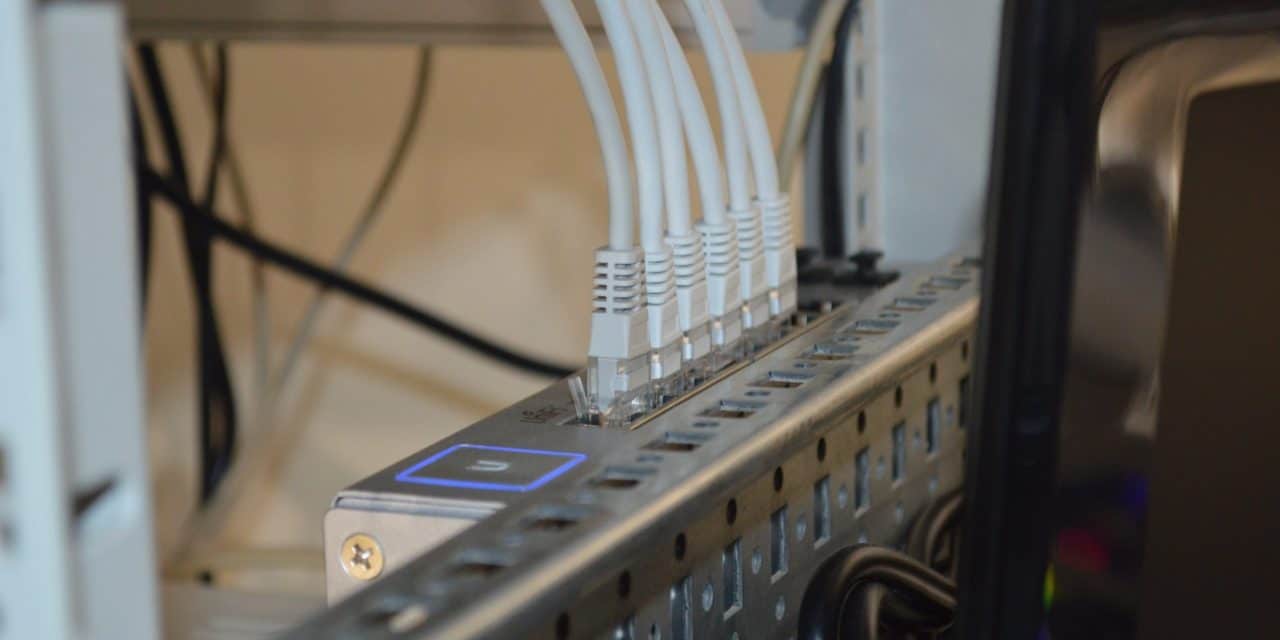[ad_1]
If we want to connect multiple Personal Computers to a Printer, or we want to share a Printer on a network, then we usually need a device referred to as a Print Server. Often a Printing Server is just a computer with a number of computers shared on the network, but more often it is a dedicated device that is in itself a network device, but also connects to a number of printers. The server acts as the interface between computer users requiring a printing service and the printers themselves.
Sometimes the Print Server is a feature or a service on another device such as a router or wireless access point. This is a good idea but does have a number of disadvantages, least of all the fact that the printing function is just another function on the router and it may not provide the same level of service as dedicated print servers do.
Print servers usually have a management interface that can normally be accessed over the network itself. This interface will sometimes allow the administrator of the server to set up user permissions and to set up any specific operation of the device. A user can only access a specific printer when it has been authorised by means of some authentication method. When multiple printers are in use, the server can be programmed so that some users may only access certain printers whilst others may have permission to access all printers. Having multiple printers attached to the print server can also provide resilience in the event of a printer malfunctioning, the users can either be directed to use another printer or can manually select another printing device.
With mobility being a big part of networking these days, and wireless networking being quite commonplace, having a wireless enabled print server makes common sense. Users can access the server directly over the wireless network, subject to the same authorisation and authentication as required by a wired device. It also means that the wireless print server can be located almost anywhere, provided it is in range of the network wireless access point or wireless router that is the hub of the network. The printers themselves will normally be connected to wireless print servers via a USB Cable, which not only provides the connectivity, but in some cases can also be used to power the printer. The server could connect wirelessly to the access point or router or could be connected by a length of Ethernet cable.
A Wireless enabled Server providing printer sharing will have to have network credentials just like any other device on a wireless network, in other words a SSID will be required as well as any authentication and encryption settings. Any client PCs will be required to have the printer software installed to allow all print functions to be available.
A good Wireless Print Server is the D-LINK DPR-1040/B which has a High Speed USB connection as well as an RJ-45 Fast Ethernet connection as well as being wireless enabled with IEEE802.11b and IEEE802.11g standards being supported. It supports Scanning, Faxing and Printing functions, making it versatile in every respect, and at well under £70 represents very good value for money.
[ad_2]
Source by David W Christie

